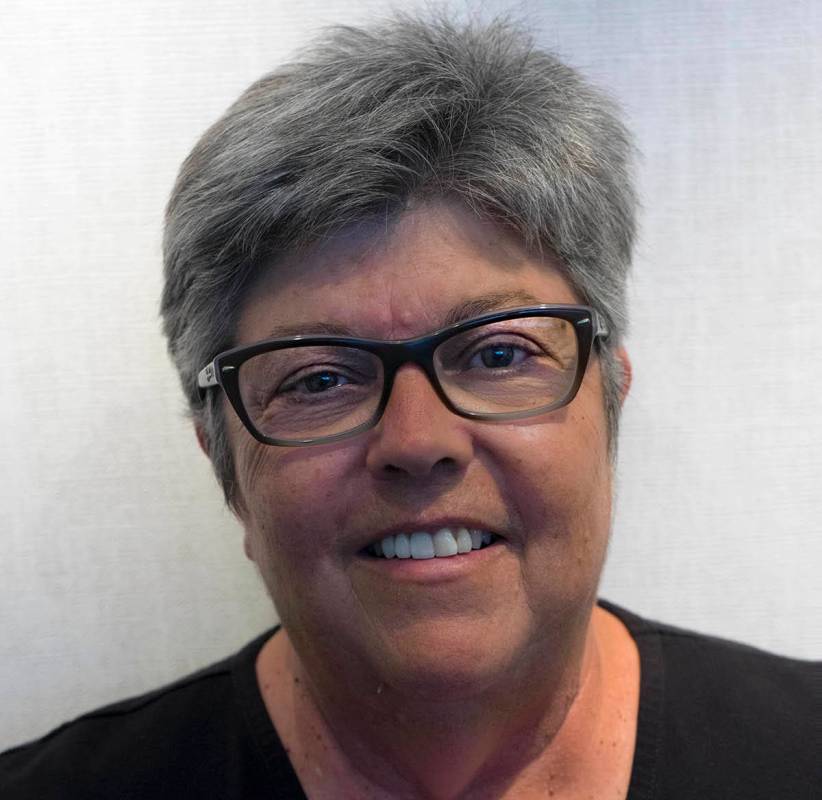
As I’ve watched, via my computer, the unfolding of events since the onset of the COVID-19 pandemic, I’ve tried to stay focused on what I, one person among 7.8 billion worldwide can possibly do to make our lives better.
The focus of my life has generally been learning and training, what it gives to an individual and how it helps the community at large, maybe even the world. One can learn many subjects, take class after class and rack up degrees. Valuable, to say the very least, but training is learning leading to action. One can acquire massive amounts of education, but, to what end?
Classes of every kind always piqued my interest, even as a kid. The choice of classes in college made me giddy! Why? Because I would be introduced to something I might have never heard of before and would be a better, more interesting person just because of the learning. Don’t ask me why I felt that way. I just did.
When it came to training, that was the icing on the cake. You learned and were actually seeing a result. Whether it was fishing, or being trained to use a slicer to cut meats, or how to become a disc jockey or operate a TV studio, the end results were indescribable.
Because I enjoyed learning and training so much, it was no surprise that I wanted to share that with others and see tangible results. Yet, what you enjoy isn’t necessarily what others will like as well. People focus on different priorities. Not everyone has the same outlook on life for sure.
So what happens if you are the type of person who wants to share learning and training with everyone, you see it as your life’s focus, and others dismiss, ignore or ridicule what is central to that purpose? One either changes focus, gives up or becomes more resolute.
While I always knew I wanted to see results from learning and training, I lacked a framework that tied my actions together clearly. Then I found the economic framework of modern monetary theory, and it brought everything into focus for me. Learning how the economy works wasn’t a futile exercise but the pathway to how issues such as unemployment, health care for all, lack of affordable housing and more could be remedied. Take note: knowing how the economy operates and creating policies to have an equitable economy for everyone are miles apart.
The question is how do we take learning, share it effectively and produce a better world? While that’s my focus, it isn’t what countless others think about. People focus on daily life, work, the family, paying the bills, health, sickness, relaxation, the next new car or bigger house, the vacation that’s been a long time coming.
What the country has been experiencing during the past several months has turned the lives of millions into chaos: no job, no way to pay bills, sickness, depression and even death. And this occurs as we watch the Congress of the United States of America allocate trillions of dollars, as is its power, toward some people, while countless millions suffer.
Seems to me we need to question what the Congress feels is a priority. Providing financial relief for business is great, but what about relief for those who purchase goods and services from that business? If those customers have no income, what can they buy from business?
If individuals don’t have a job, where does their money come from? The jobs can absolutely come from spending programs instituted by Congress and administered locally in communities all across the country. This isn’t happening because of decisions and the priorities of those elected by us. And we allow Congress to do as it wishes.
Protests have taken place since the murder of George Floyd on May 25 because millions want justice, accountability and reform. The needs of real people should and must be the concern of the 535 members of Congress. They have the power to appropriate spending for the public purpose, the real people, those who fuel the economy. Real people express themselves powerfully when injustice occurs.
Learn what can be accomplished and share it.
Rose Ann Miele is a journalist and was public information officer for Boulder City for nine years. She is the national outreach director for Real Progressives. She can be reached at roseannrab@hotmail.com or at 702-339-9082.